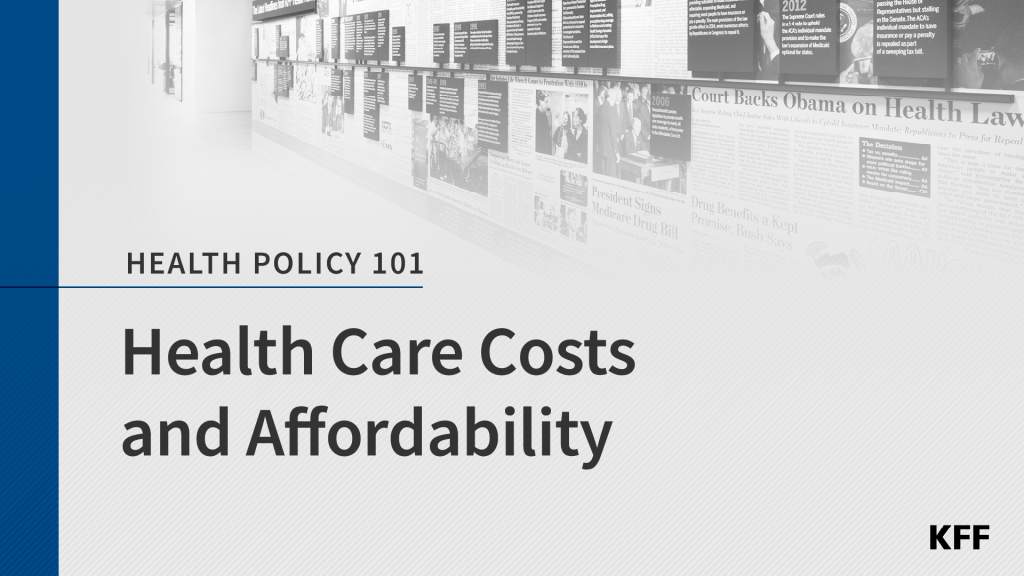Opportunities and Barriers for Telemedicine in the U.S. During the COVID-19 Emergency and Beyond
This brief analyzes the changes to telehealth regulation and implementation made by the federal government, state governments and health systems in response to the COVID-19 emergency. We outline key changes to telemedicine coverage, for Medicare, Medicaid and private insurers.
